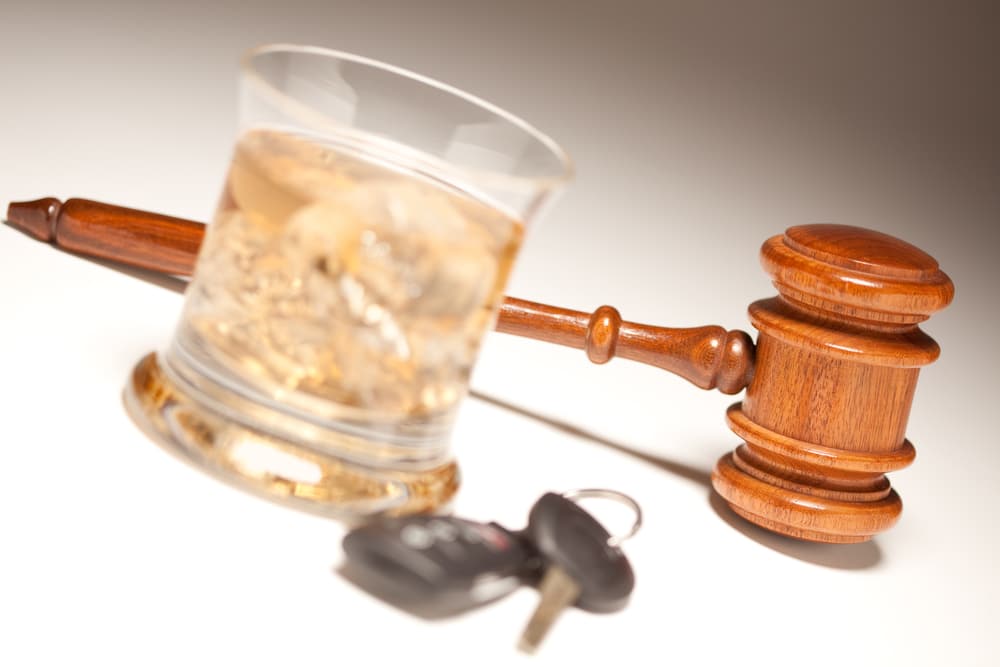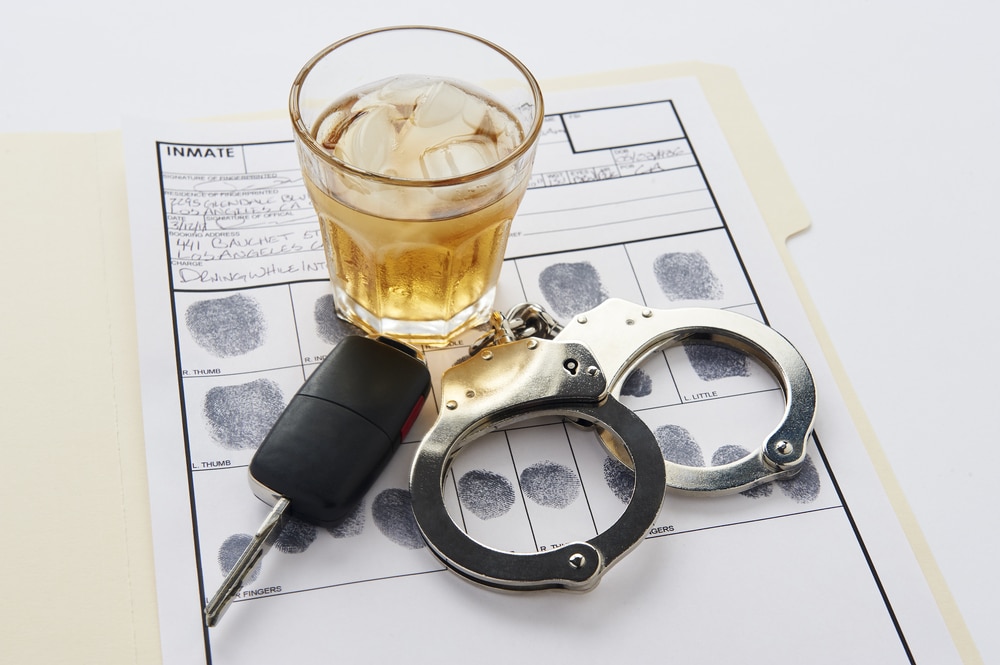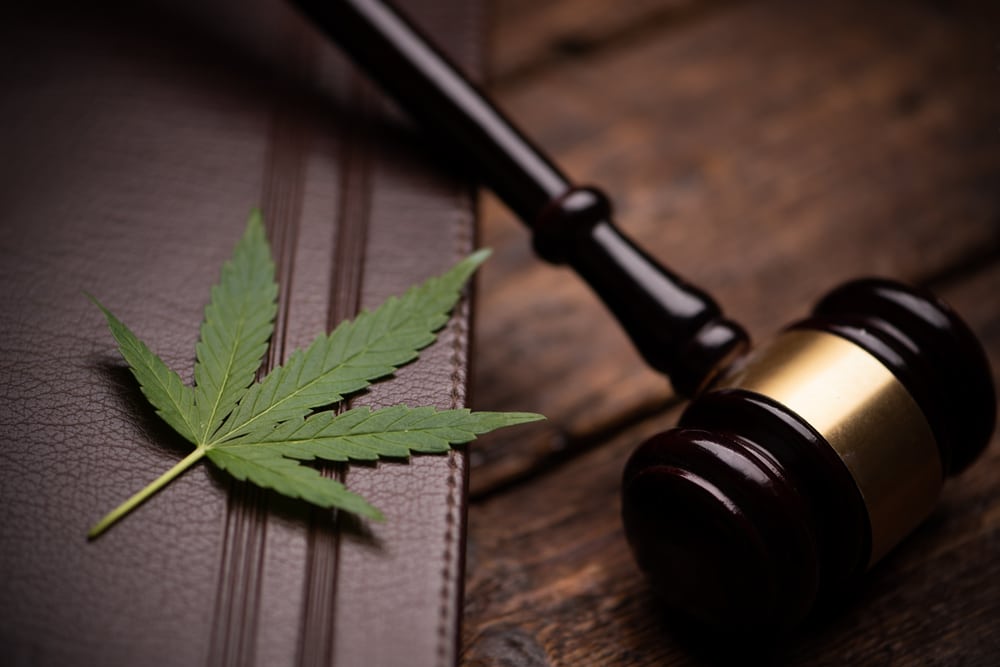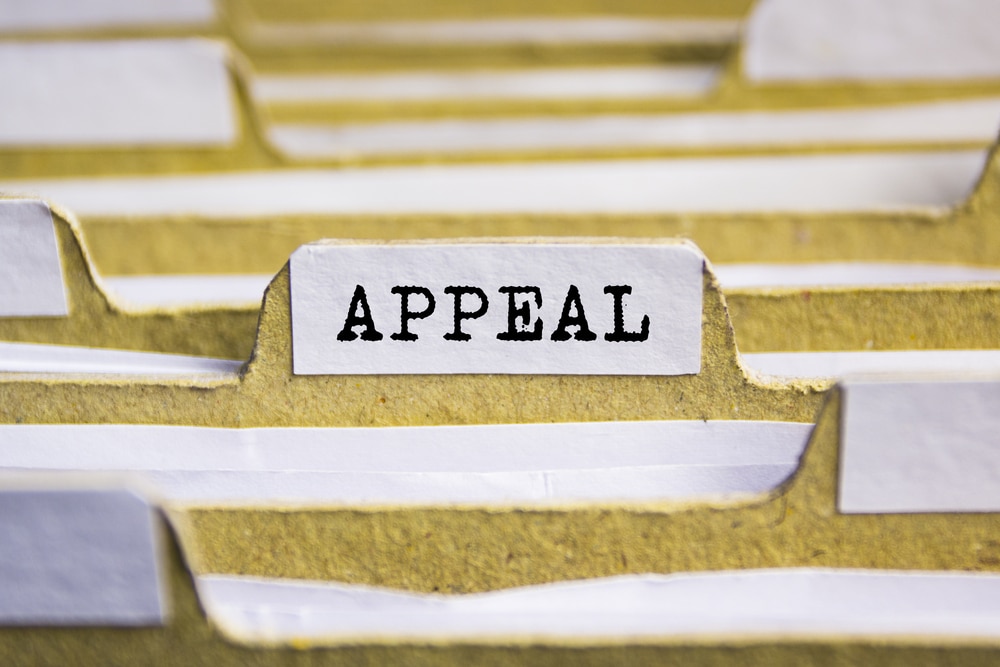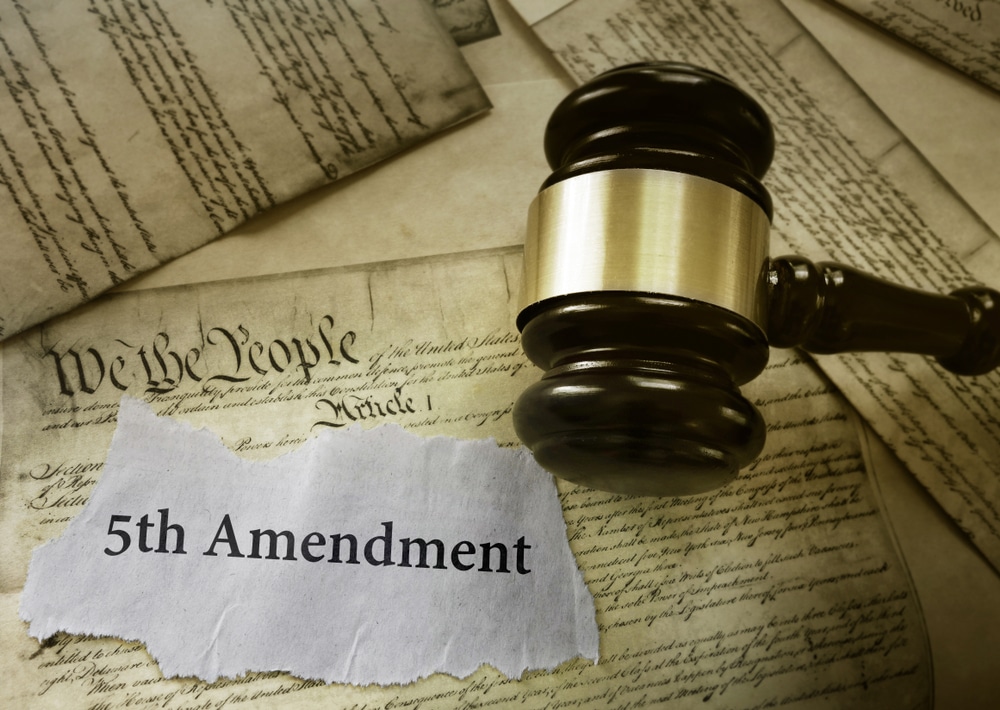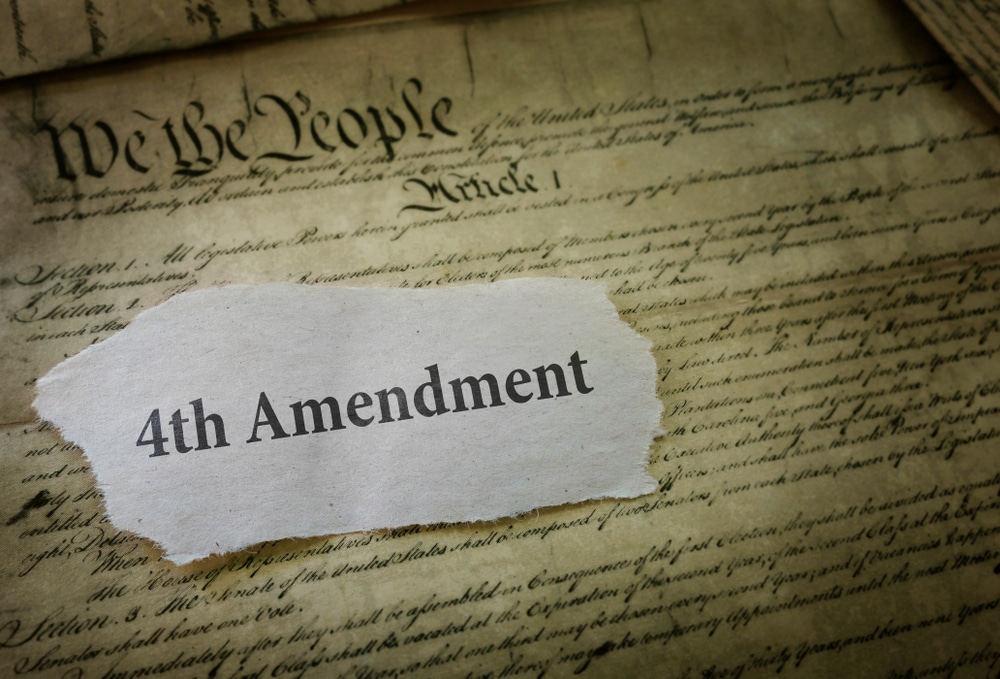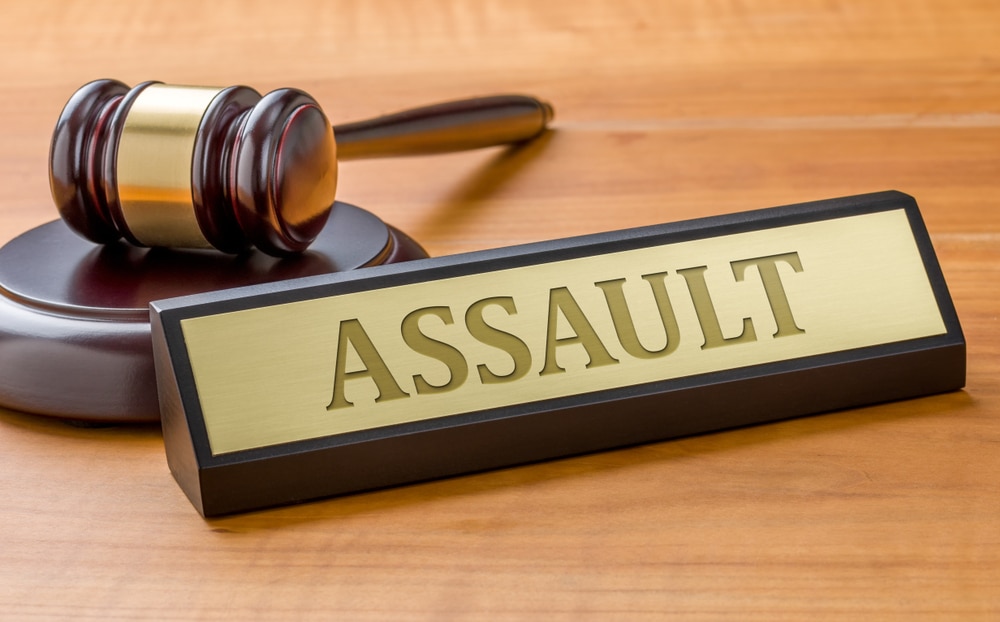Being arrested for a DWI can be a stressful, scary, and overwhelming experience. Your liberty, reputation in the community, and professional standing are all on the line when you are facing drinking and driving charges. However, many people have various misconceptions about DWIs. It’s important to be aware of these myths to avoid making costly mistakes in your case.
Here are five common misconceptions about DWIs in New York:
Misconception #1: Refusing a breathalyzer means there will be no evidence to use against me
Although this misconception is partly true, a police officer’s testimony and observations are deemed sufficient evidence in court. In addition, refusing to take the breathalyzer or a chemical test comes with an automatic one-year license suspension. If you do take the breathalyzer test, it’s essential to understand that a good criminal defense attorney will know how to challenge the results.
Misconception #2: I can get my DWI expunged from my record
New York State does not offer an expungement option if you are convicted of a DWI or another crime. There is no way a DWI can be removed from your record, unless you were acquitted or the case was dismissed. Upon conviction, a DWI will remain on your record for 15 years. However, there is a sealing statute in New York that allows an individual to petition to have their record sealed after ten years in certain circumstances.
Misconception #3: You don’t have to worry about a DWI if your BAC is less than .08%
A BAC of less than .08% can result in a conviction. Specifically, while a BAC of .08% establishes evidence of intoxication, a BAC of .05% is evidence of impairment and can lead to a charge of Driving While Ability Impaired. The legal BAC limit for commercial drivers is even lower, at .04%. In addition, it is illegal for drivers under the age of 21 to operate a motor vehicle with a BAC of as little as .02%.
Misconception #4: The breathalyzer results can’t be challenged
Breathalyzers aren’t always accurate — even a small defect can impact the results. There are a number of ways an experienced criminal defense attorney can challenge a breathalyzer test. For instance, the breathalyzer results may not be reliable if the device was not properly calibrated, the officer lacked breathalyzer test training, or the breathalyzer test was obtained through an illegal search.
Misconception #5: You don’t need legal counsel for your first DWI
Even if it’s your first DWI, having an experienced attorney is vital. It can also make all the difference to the outcome of your case. A first-time DWI can come with serious consequences, including jail time, fines, probation, loss of your license, and other penalties. A skillful criminal defense attorney will know how to challenge the evidence against you, mount a solid defense strategy, and work diligently to obtain a dismissal by finding any flaws in the prosecution’s case. They will also know what the best course of action to take in your case is, and how to effectively negotiate a plea bargain with the prosecution.
Contact an Experienced New York Criminal Defense Attorney
If you’re facing DWI charges, it’s critical to have a DWI defense attorney on your side to safeguard your rights. The criminal defense attorneys at D’Emilia Law are committed to providing knowledgeable representation and adept advocacy to those who have been arrested for DWIs and other alcohol-related offenses. To schedule a consultation, contact us at 1-888-DEMILIA.

